Our Programs
Our lead programs are ELD615 and ELD607, inhaled Orai1 modulators for the treatment of chronic lung diseases such as non-cystic fibrosis bronchiectasis (NCFB) and idiopathic pulmonary fibrosis (IPF). Orai1 is a calcium channel and is an essential, upstream component of the pro-inflammatory signaling cascade. Chronic Orai1 hyperactivation drives inflammation and tissue remodeling in many lung diseases.
ELD615 and ELD607 are first-in-class Orai1 modulators that are differentiated from existing Orai antagonists due to their specificity for Orai1 and novel mechanism of action. ELD615 and ELD607 have been shown to bind extracellularly to Orai1, leading to internalization and degradation of the channel.
ELD615 and NCFB
NCFB is a common final pathway for a broad range of chronic airway insults. An interplay between neutrophil-driven inflammation, excess mucus production and airway plugging, and chronic infection leads over time to lung damage. This interplay is often referred to as the “vicious vortex” of NCFB. Patients with NCFB suffer from chronic cough, sputum production and shortness of breath and experience frequent exacerbations, which can lead to even further lung damage. An urgent unmet need exists for agents that can target all relevant aspects of NCFB and potentially reverse existing lung damage.
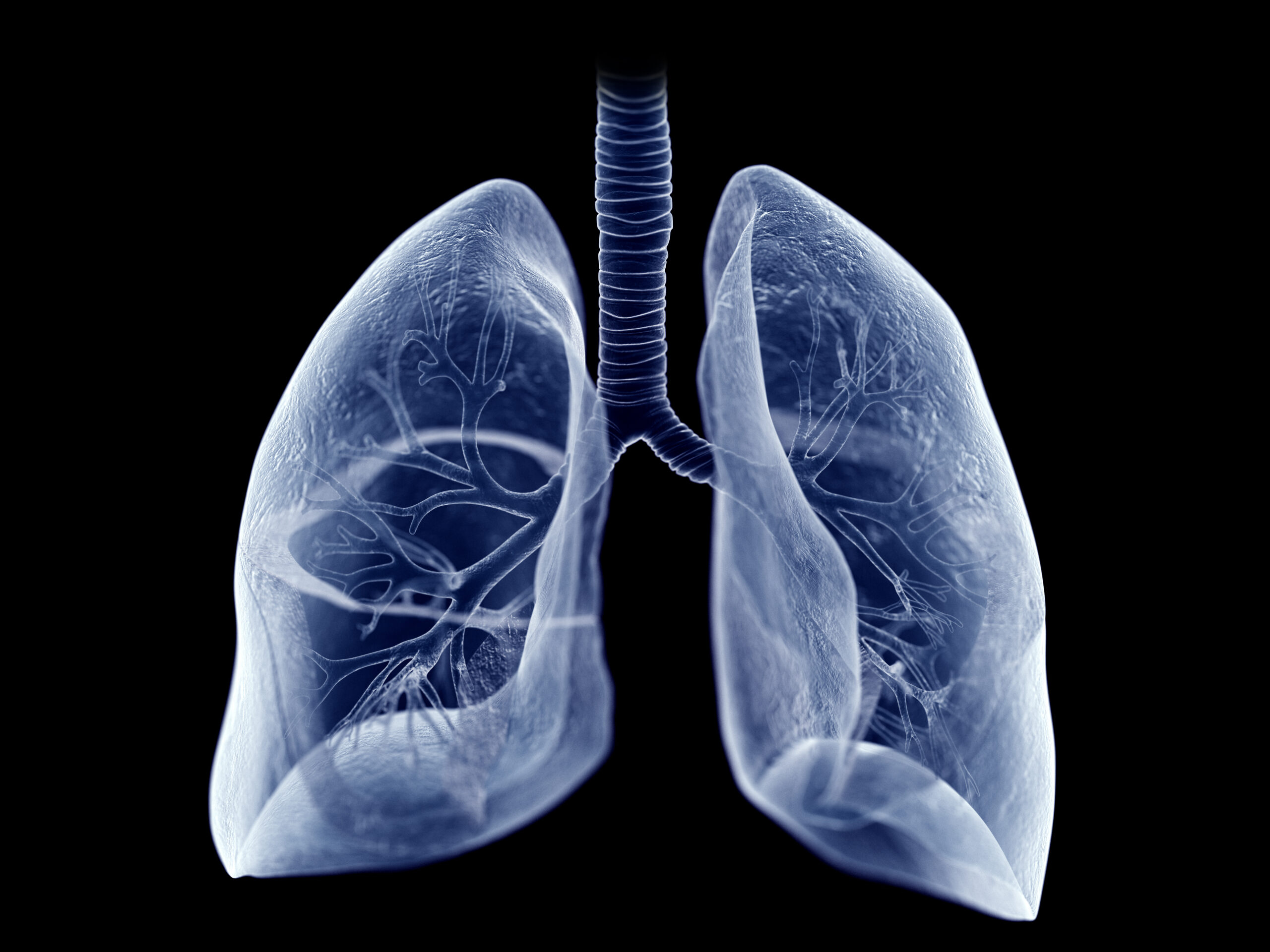
“Vicious Vortex” of Bronchiectasis
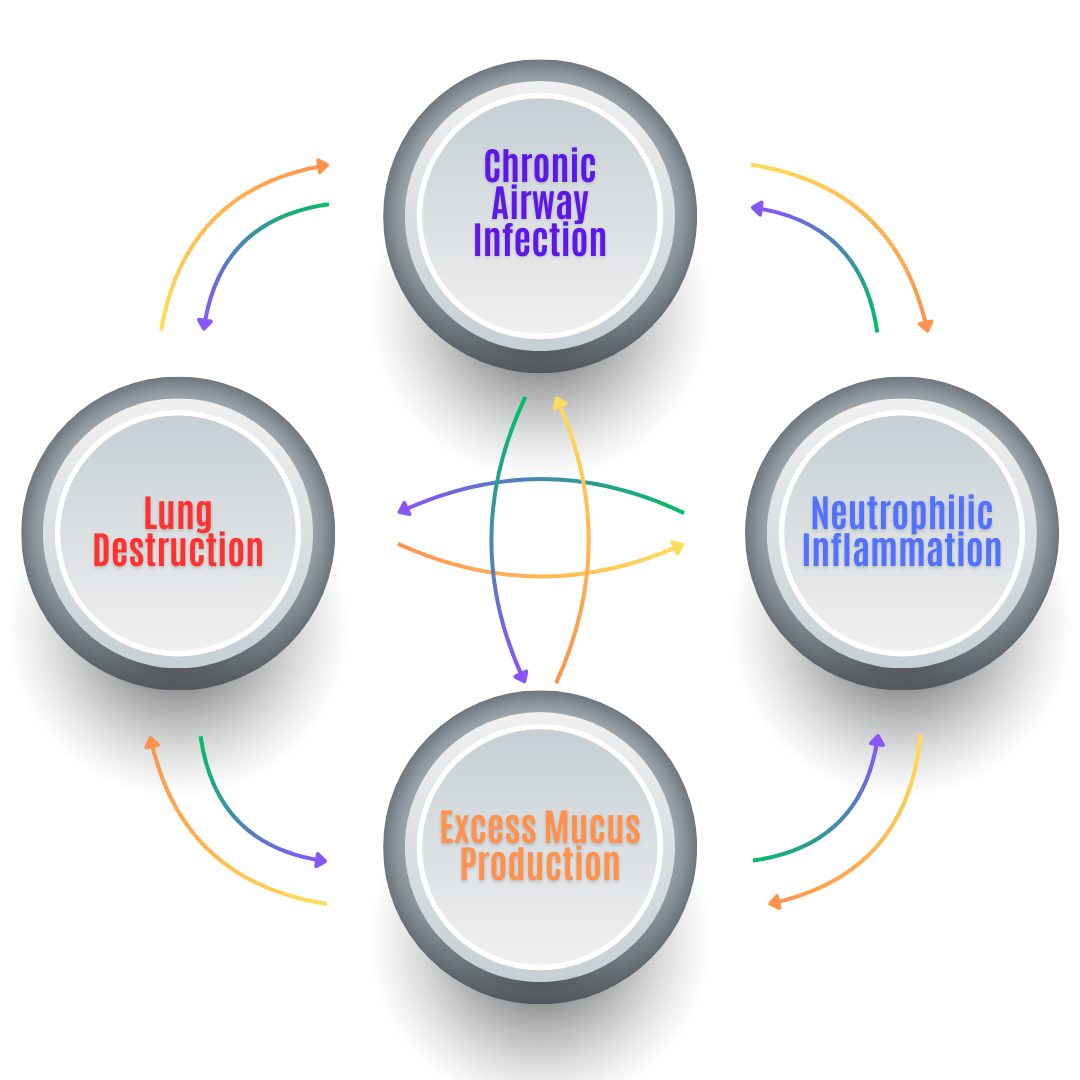
In models of bronchiectasis, ELD615 has been shown to block all relevant aspects of the NCFB vicious vortex. Across multiple models, ELD615 has shown a marked decrease in neutrophil-driven inflammation, decreased mucus production and airway plugging, decreased bacterial burden and an unprecedented reversal of existing airway damage. ELD615 has the unique potential to reverse existing lung damage and improve lung function and quality of life in patients with NCFB.
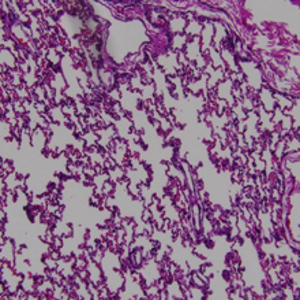
Normal Lung
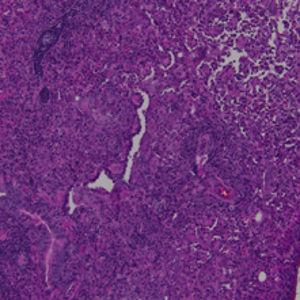
NCFB Lung

NCFB Lung and ELD615
ELD607 and IPF
IPF is a chronic, progressive lung disease associated with high morbidity and mortality. Although the exact cause is unknown, various factors cause repeated injury to the lung that trigger abnormal wound healing and life-threatening scarring. IPF has a very poor prognosis with an average life expectancy of only 3-5 years after diagnosis. Current therapies such as pirfenidone and nintedanib slow the progression of IPF, but do not reverse existing lung damage. Therefore, a urgent unmet need exists for therapies that can reverse lung fibrosis and scarring and improve lung function, quality of life and survival.
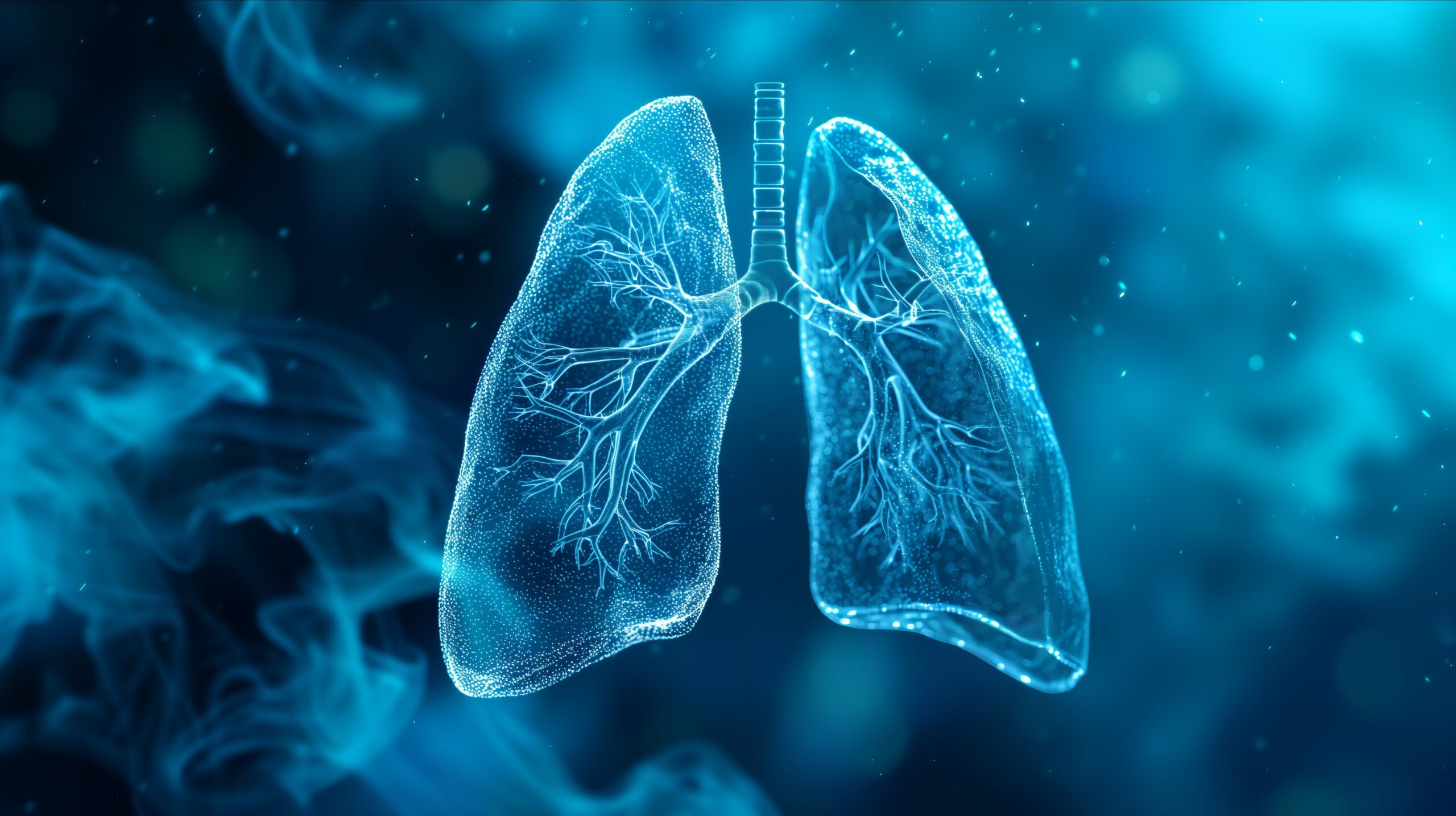
In in vitro models of IPF, ELD607 potently blocks the production of pro-fibrotic biomarkers in fibroblasts from both normal human lung and patients with IPF. In animal models of chronic IPF, ELD607 has shown an unprecedented reversal of lung fibrosis and scarring. Therefore, ELD607 has the unique potential to reverse existing lung damage and improve lung function, quality of life and survival in patients with IPF.
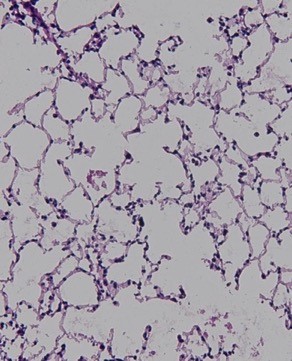
Normal Lung
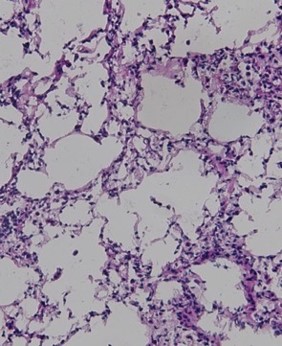
IPF Lung
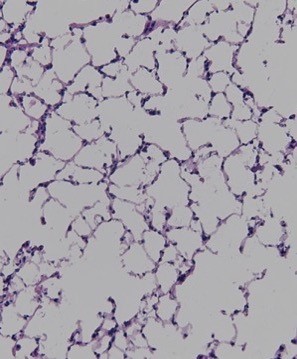
IPF Lung + ELD607
Second-Generation Orai1 Modulators
Eldec has identified additional second-generation Orai1 modulators which may be useful for the treatment of a range of systemic inflammatory and fibrotic diseases. These peptides are currently being studied in relevant in vitro and in vivo models.
